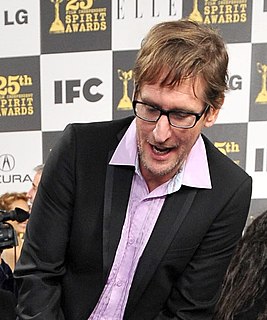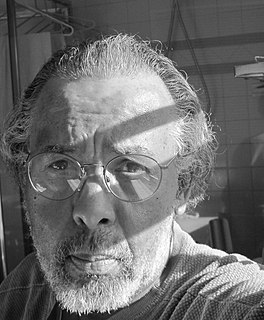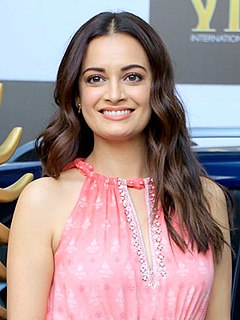A Quote by Nancy Kress
In commercial fiction especially, everything in the story usually contributes directly to the plot The shorter the story, the truer this is
Quote Topics
Related Quotes
The Universe story is the quintessence of reality. We perceive the story. We put it in our language, the birds put it in theirs, and the trees put it in theirs. We can read the story of the Universe in the trees. Everything tells the story of the Universe. The winds tell the story, literally, not just imaginatively. The story has its imprint everywhere, and that is why it is so important to know the story. If you do not know the story, in a sense you do not know yourself; you do not know anything.
My fiction is based on both my own experience transformed, altered, juggled and changed to suit the demands of composition, character, and plot. If I see a theme emerging in a story I will likely take it up and develop it. I hardly ever set out with a conscious plan and if I do the story usually takes over and takes me where it wants to go.
I always write a draft version of the novel in which I try to develop, not the story, not the plot, but the possibilities of the plot. I write without thinking much, trying to overcome all kinds of self-criticism, without stopping, without giving any consideration to the style or structure of the novel, only putting down on paper everything that can be used as raw material, very crude material for later development in the story.
Animation story boarding works differently than live action story boarding. The story crew along with a writer really does shape and create the film - the world and it's characters. We meet almost every day and brainstorm the plot of the film. It's a highly collaborative process - and we continue to improve the story until we literally run out of time.





































